Words by Adam Abada
Photography by Norma Ibarra & Michael Worful
“Huh.”
That’s what I heard each time I told anyone, skaters or otherwise, that I was traveling to Sweden for an academic skateboarding conference.
“I didn’t know that was even a thing.”
It’s the second one, actually. I skipped last year’s in London, not wanting to commit to a trans-Atlantic flight for something that definitely had the potential to fall flat. But, when media started trickling back from Bartlett School of Architecture, which hosted the inaugural Pushing Boarders, I knew I would not make the same mistake next time around. Once I heard Malmö, Sweden — arguably the world’s most progressive skate city — was chosen as Pushing Boarders’ next destination, I booked a ticket. Then I spent six months trying to convince someone to come with me.
Photo by Norma Ibarra
Photo by Norma Ibarra
Most of the skateboarders who I talked to about my trip raised a skeptical eyebrow. “That sounds like some professor trying to use skateboarding to make their career,” one astute friend noted. “Skateboarding doesn’t need academia. It needs pragmatism.” There’s an angle. Other responses were less nuanced: “Hell no!” Some people just laughed and shook their heads.
Skaters love talking, painfully so at times, about who did what tricks where and what they were wearing when they did it — picking apart the tiniest details of a spot until the act of skating seems as pointless as we’re often told it is. Skaters also love a gathering of skaters. When I mentioned that my flight was in and out of Copenhagen, everyone lit up about the Copenhagen Open, the citywide skate festival that tears through each year. When I explained that CPH Open was actually occurring a few months before and that my final destination was the conference in Malmö, a 20-minute train ride across the Øresund, their enthusiasm waned. People weren’t interested in skateboarding in that context.
Calling Pushing Boarders an academic conference may be selling it short. Stuffy, collegiate terms like “academia” and “conference” seem to run counterintuitively to the somatic feeling that is skateboarding. In a literal sense, this was a conference, a structural format used to address topics we are all already thinking about. It consisted of four days of paneled discussions, led by one or two chairs, with various workshops, skate sessions, and film screenings throughout.
It’s important to say that Pushing Boarders was organized by six cisgendered white men, though they are aiming to change that. While scholars and people with doctoral degrees were a well represented presence in the audience and on panels, they were not the focus. The main academic portion of the conference started before the official schedule even began, as a forum where scholars could present their research with peers. Though a part of Pushing Boarders’ identity, this did not represent the entire climate of the event.
Panelist Kristin Ebeling by Michael Worful
The opening piece of copy from the printed program sets the tone better: “Pushing Boarders is an intentionally inclusive event.” Sexism, racism, homophobia, transphobia, and xenophobia were prohibited, and this inclusivity cradled the entire program of talks, workshops and sessions in a progressiveness that I have not experienced at this large of a scale in skateboarding. As attendees and skateboarders, we were all asked to check our inherent biases and to understand any privileges we might enjoy. This value led into the opening talk from John Rattray and Madeleine Uggla, both former professional skateboarders who have lived experience around suicide and mental health. They powerfully shared these experiences and urged skateboarders to speak up and be there for each other, instead of burying our feelings under performance and product.
Panelist Ocean Howell by Michael Worful
So commenced a dizzying array of panels on topics such as education, allyship, heritage, preservation, corporations, social media, the male gaze, religion, design, sexism, grass-roots skateboarding, non-profits, NGOs, print media, web media, and journalism. They were chaired by people such as Rick McCrank, Betsy Gordon from the Smithsonian Institute, Stuart Maclure of Long Live South Bank, photographer Hannah Bailey, Ocean Howell, Kyle Beachy, and Ted Barrow. Panelists included a staggering amount of people from all walks of skating: Kristin Ebeling, co-founder of the Skate Witches and executive director of Skate Like a Girl; Brian Panebianco of Sabotage; Dr. Jessica Forsyth, executive director of the Harold Hunter Foundation; Dr. Indigo Willing, a Vietnamese-Australian professor of sociology and director of Girls Skate Brisbane; Atita Verghese of Girl Skate India; Dr. Paul O’Connor of the University of Hong Kong, author of the forthcoming Skateboarding and Religion; Norma Ibarra, a Mexican photographer now based in Vancouver; Jin Yob Kim of Korea-based magazine The Quiet Leaf; Lacey Baker; Mark Nickels, openly gay skater and Osiris The Storm-era filmer; Gustav Eden, the city of Malmö’s skateboard coordinator; and this is turning into a jumble. I could keep going on and on. Here’s a link to the full program. It was vast, encompassing, and at times, overwhelming.
Photo by Norma Ibarra
Photo by Norma Ibarra
Attending Pushing Boarders was like finding a secret door under an old mini ramp that no one skates anymore. That door opened up to a giant room full of people: thoughtful, analytical, sensitive, intuitive people who aren’t afraid to use these characteristics passionately to confront themselves, skateboarding, and its relationship to everything in the world. The sentiment alone makes me swell with emotion, let alone the discussions about allyship and unifying stories of finding your first skate family. Hearing how skateboarding “humbles you” has a whole new meaning when spoken from the mouth of Aram Sabbah of SkatePal, blinking through glassy eyes when he relays how he hasn’t been able to get to Gaza to connect with the skateboarders there.
Some classic urban skate rat discourse took place as well. I learned that, with Brian Panebianco and Sabotage’s blessing, original granite from LOVE park is being shipped to Malmö to recreate a portion of its ledges. And that Leo Valls, Magenta pro, got the city of Bordeaux to de-knob some of its plazas. I revelled in the pure genius of Ted Schmitz, writer for The Nut Daily and 1/5 of the Vent City podcast, telling anyone at Nike who will listen that for $100,000 he’ll never talk about them again. I learned about Briana King’s girl and queer meet-ups, belly-laughed as Sam Maguire read his coming-out email to his father during Kyle Beachy’s literary reading, and listened in awe as one panelist asked for help from the audience in the face of their own mental health issues. The landscape of skateboarding presented at Pushing Boarders was as vast and diverse as we know and feel it to be.
Photo by Norma Ibarra
Often the culture of skateboarding — dictated almost exclusively by middle-class cisgendered white men — doesn’t allow that much space for people who don’t look or live like them. It routinely cool-guys many people out with a “shut up and skate” attitude before they even get to begin. That attitude is what has made skateboarding inaccessible to so many people — namely women, LGBTQ+, gender non-conforming people, trans people, and many people of color, who are not afforded safety or acceptance within the community itself.
At the end of it all, attending a conference is definitely not the most mainstream thing going on in skateboarding right now. Nor is it even the most scholarly. Half of the panels took place at the Bryggereits Gymnasium, the high school that graduated Heitor Da Silva and Oskar Rosenberg-Hallberg. It’s a case for examining our behavior as skateboarders: who and what we’re cheering for, what words we’re using, who we’re inviting to the session, and who we’re including in our media. Cheering for your friend when they land a trick? Do the same for the young girl learning to push at the park. Hear someone saying “pussy?” Tell them that’s not OK. Only skating with other guys? Invite someone who identifies with a different part of the gender spectrum to come skate. Want to feature more trans skaters in your magazine? Reach out to the trans community. Pushing Boarders is one potential starting point for conversations to be continued and fragmented into every skate shop, couch, bar stool, coffeehouse, plaza, bus, van, and train — not in place of “who did what trick where” skate chatter — but alongside it.
Thank you to Norma & Michael for sharing your photos with us ♥



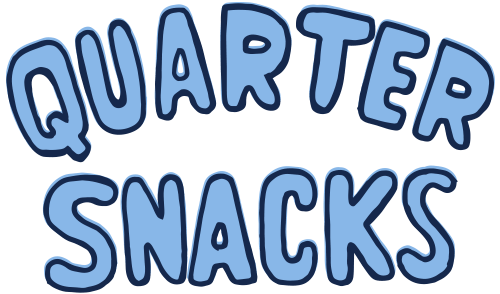
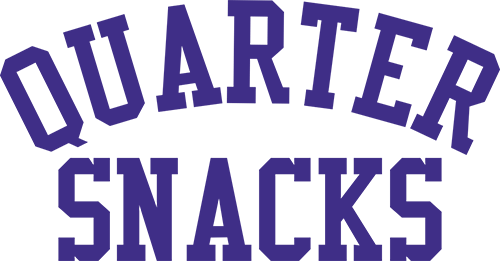

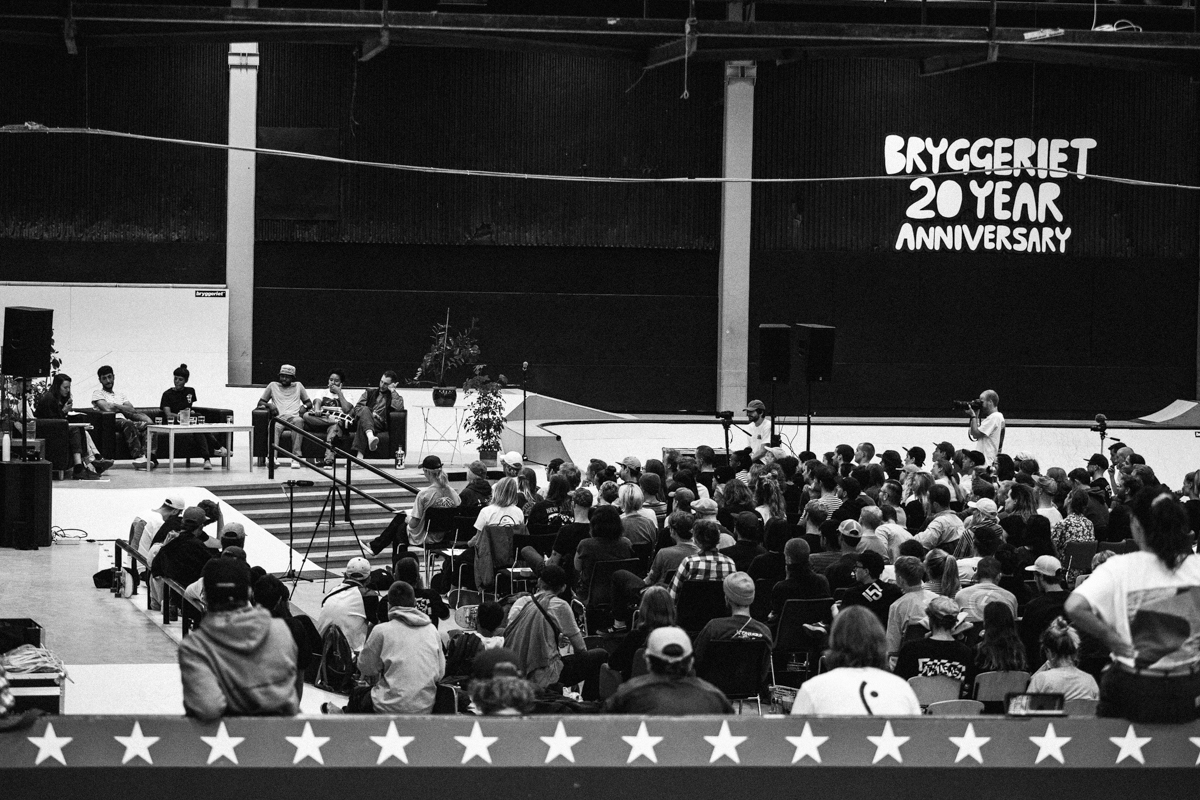
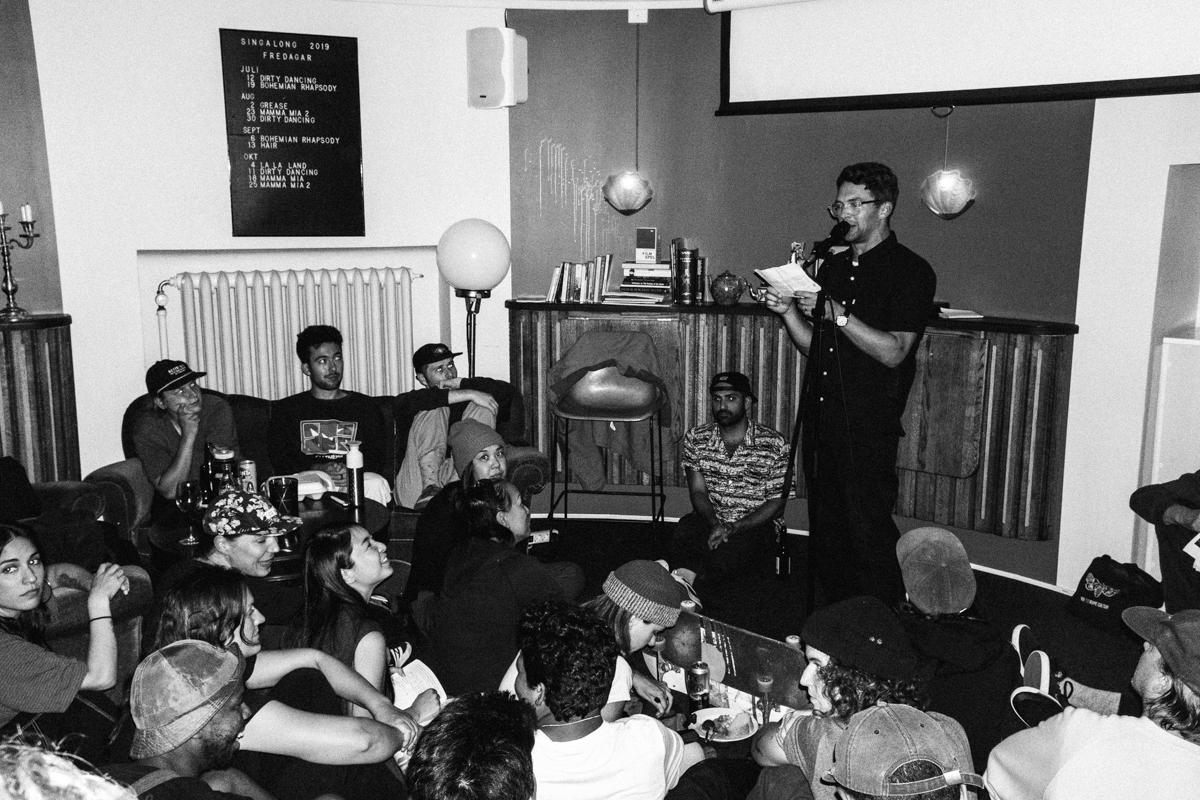
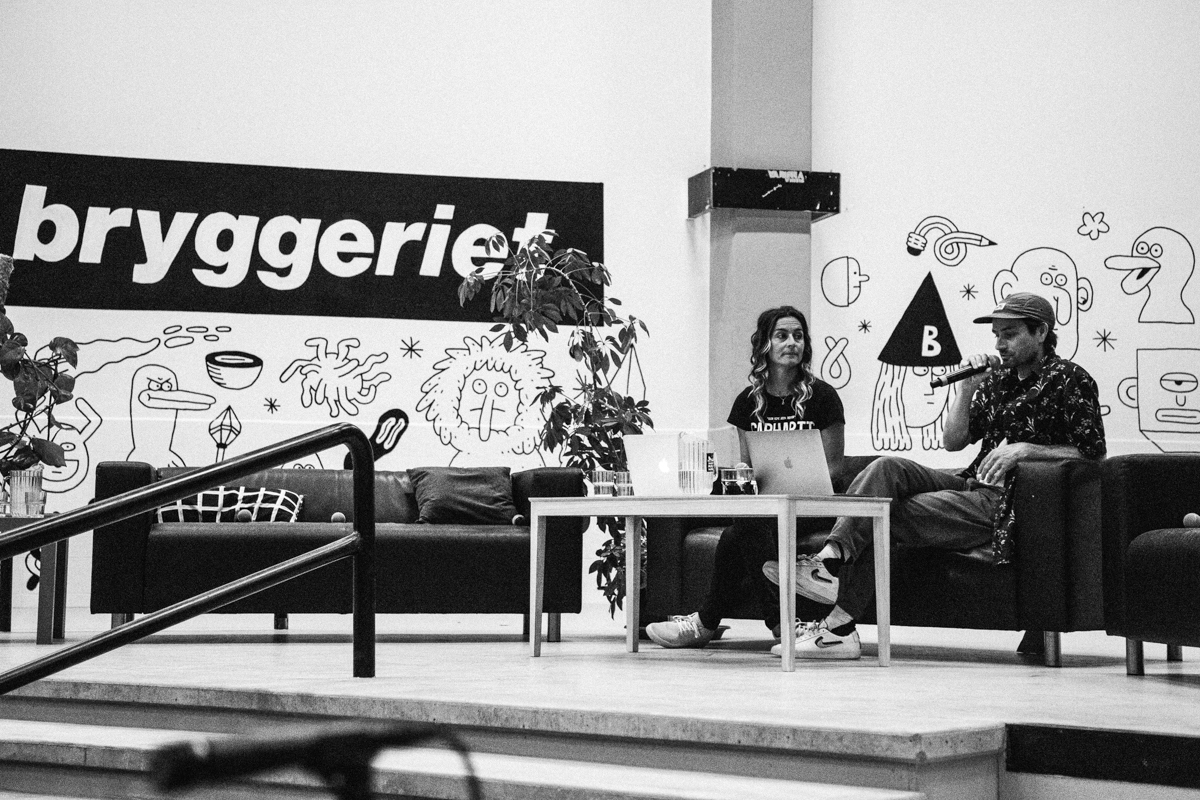
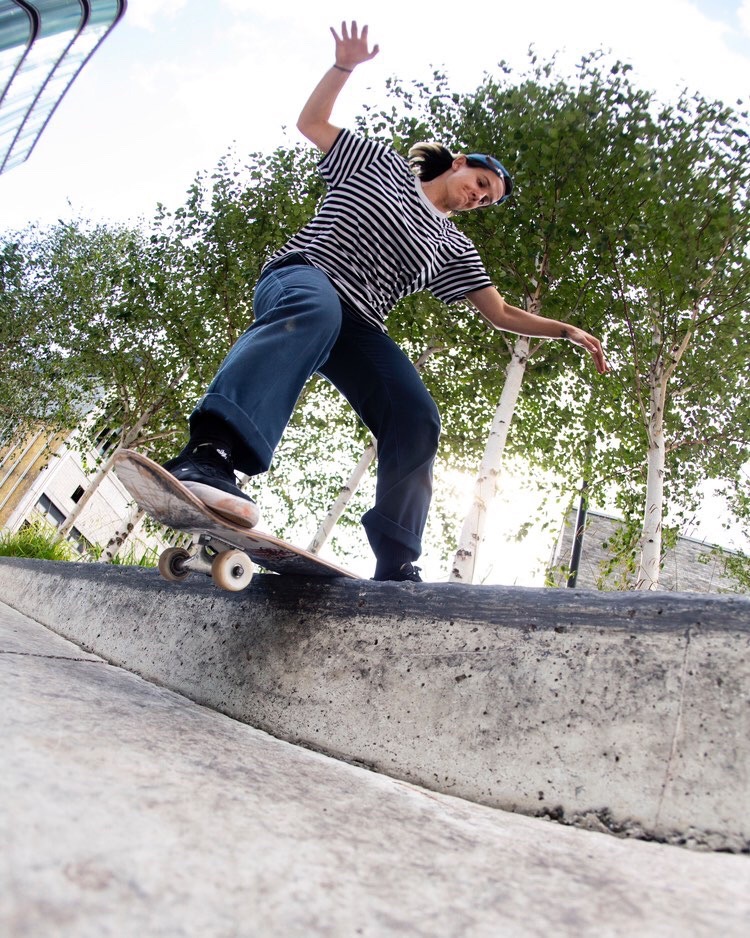
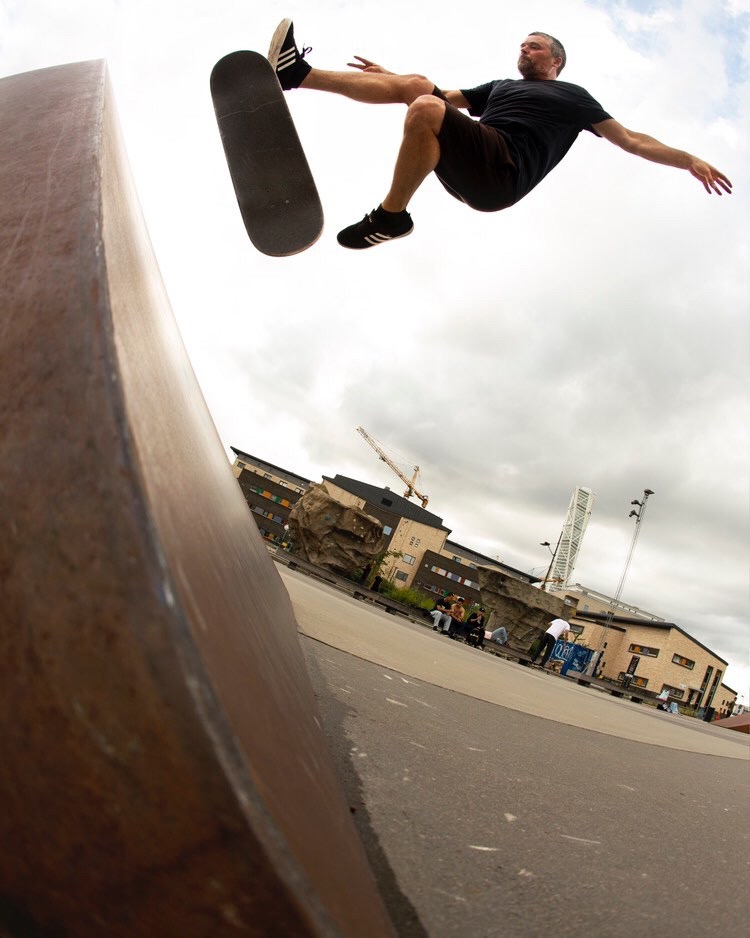
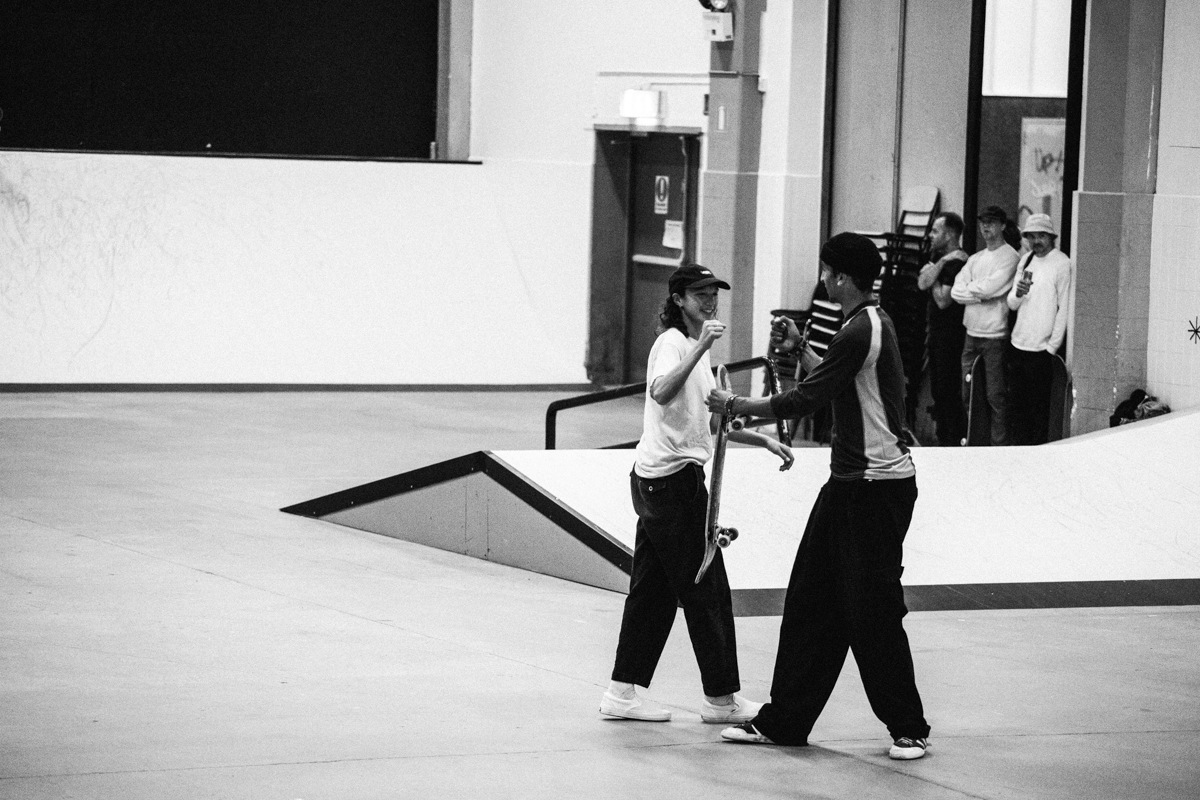
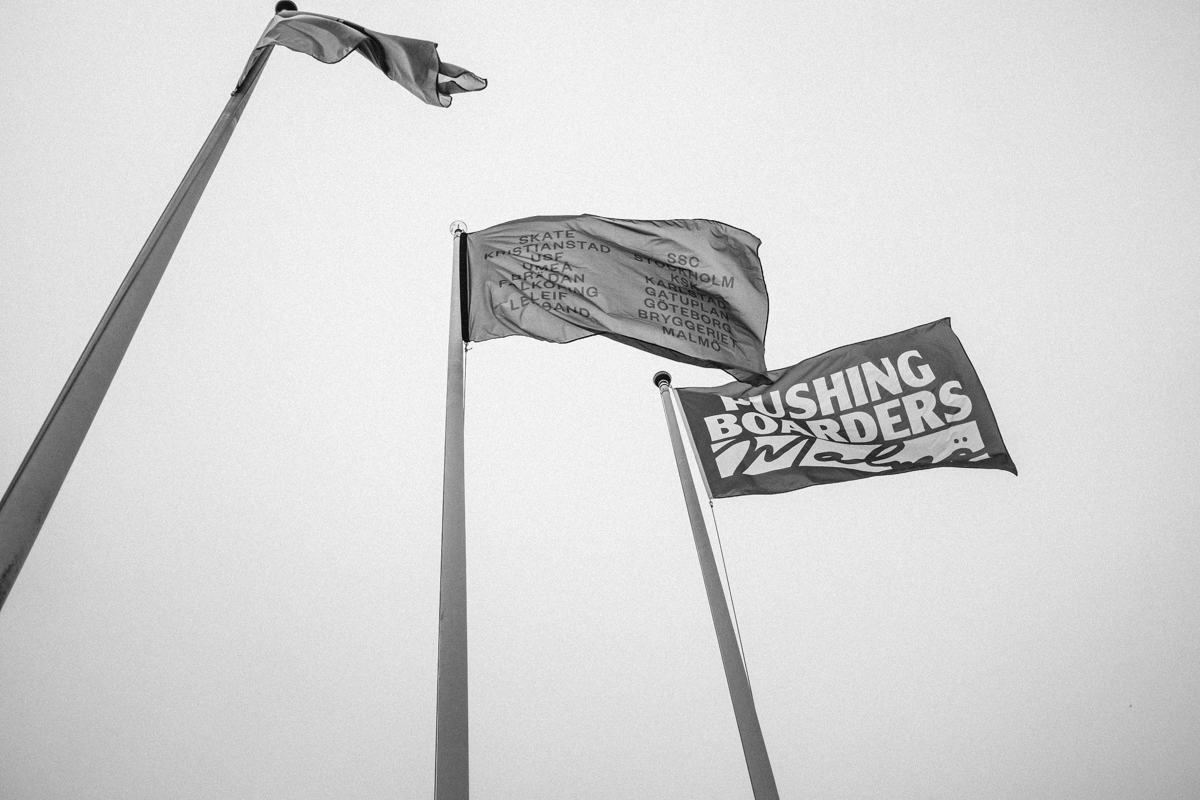
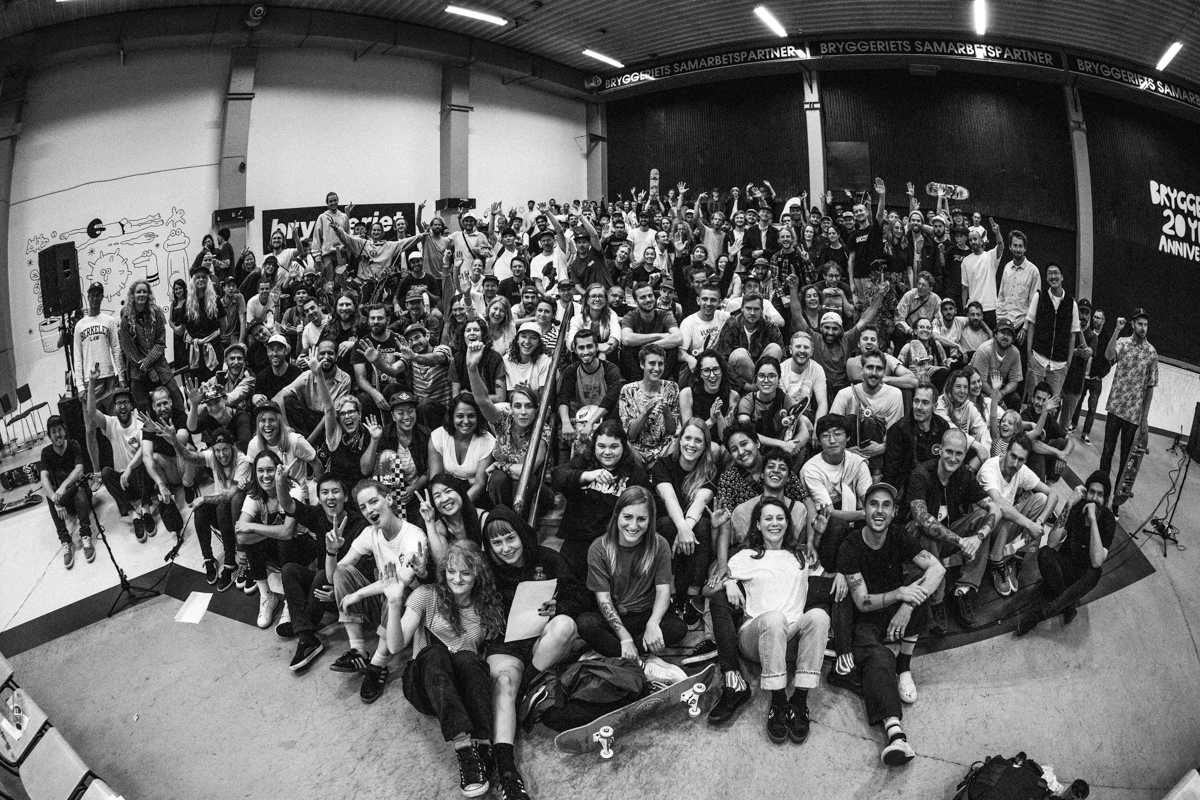
truly warms me heart to see ocean howell still a part of skateboarding, 30 yrs later
he’s in many ways one of the proto-frogs with all the crazy tricks that lot does
will probably never make it to this conference but i sure am happy it exists
get familiar if you don’t know about ocean https://www.youtube.com/watch?v=v4D0risB__Q
Idk much about this article, but I fucking love skateboarding and I miss the 90’s skateboarding videos that were made by chocolate cinemas and girl skateboard videos can we bring back the 90’s???? And bring back the good o’l Mtv??? Like liquid television and beavis and butthead???
Kristin* Ebeling, not Kristen!
Great wrap up, PB was awesome
How can we become in this?
Ocean
kristin is a superhuman
Somatic, cisgendered, wtf
best event ever. I visited every talk, skated every day, talked to a lot of cool people, met my favorite pro, learned a bunch of important stuff, watched skate vids, cried a lot.Thank you pushing boarders for making me fall in love with skating again.
I’m starting to well-up reading the last two paragraphs!
Such a beautiful article that is written from the point of view of someone who truly understands and gets it!
Thank you xXx
Geez this “academic” conference about “skateboarding” yet no mention at all about “going fast” “landing tricks” “being creative” “having fun” “slamming hard” “ripping your shoes” — dont talk about it just be about it. Nora Vasc, Leititia, Lacey and others skating speaks for themselves. BA was hugely supported by the community. That Richie guy has an odd style and trick selection but is so impressive. Jaws literally defies physics. Jamie Foy defies physics. Dawg u could be a punk rock transexual dressed as a storm trooper and if u do something impressive the communitys gonna hold u down!!
I feel compelled to defend the last 30 years of skaters who have historically been accepting of all people and mixing with the general fringes of society (problems at home, hate their parents, mental issues, rich kids poor kids, artists, good students, bad students, drug addicts, criminals, punk rockers, gang ties) — cause ultimately none of the above matters when learning to kickflip (esp in Tompkins wtf!). I dont blame Rattray for collecting a check but its foul for “academics” (where half the city would stone and kill trans people) tell skaters of all people to be inclusive and accepting
Skate Kitchen had a Spike Jonez style movie set at LES thats so poppin theres so much opportunity out there
RE: these last few commenters-you should perhaps examine the stance of “shut up and rip” or why you feel “compelled” to defend skateboarding’s inclusivity. I can’t be more plainspoken here: as a gay man who’s skated for over 30 years, let me tell you-you’re wrong.
“skaters are so inclusive! so don’t ask me to be nicer! i skated with a black dude in 1997!”
“Don’t ask me to be inclusive! Skaters have NEVER excluded or marginalized anyone. Trans people are okay if they rip! Richie Jackson exists! There are 6 female pros!!!”